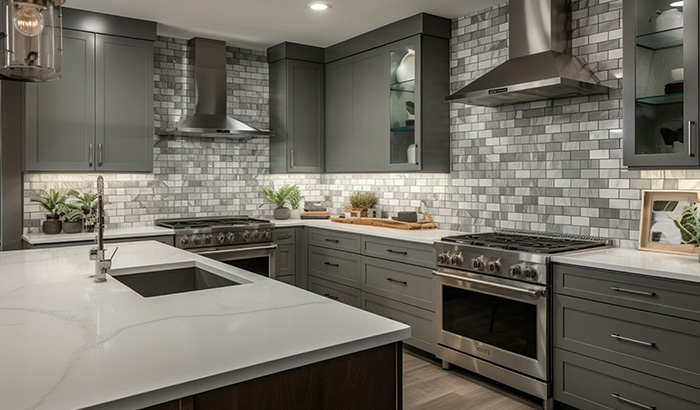Matching Your Sinks to Your Countertops
Harmonizing your sinks and countertops is one of the most pivotal decisions you’ll make for your kitchen design. This choice goes beyond mere aesthetics; it’s about crafting a cohesive,
Finest Granite, Quality Workmanship



Business Hours
Contact Us
@2024 Intermountain Stone & Marble Company | All Right Reserved